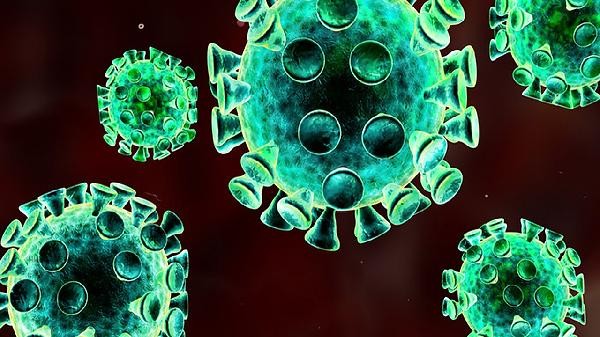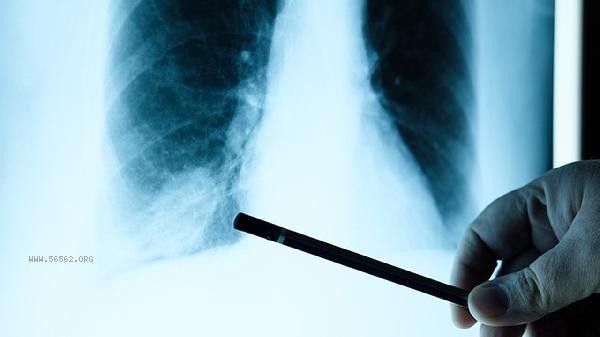An abnormal increase in INR value for prothrombin time of 150 seconds usually does not directly indicate early cancer, and may be caused by factors such as vitamin K deficiency, cirrhosis, warfarin overdose, disseminated intravascular coagulation, or genetic coagulation factor deficiency. Abnormal coagulation function needs to be evaluated comprehensively in combination with other tests, and a simple increase in indicators is not necessarily associated with cancer.

1. Vitamin K deficiency:
Vitamin K is an essential nutrient for synthesizing clotting factors, and long-term dietary imbalances, biliary obstruction, or broad-spectrum antibiotic use may lead to its deficiency. Symptoms include gum bleeding and subcutaneous bruising, which can be improved by supplementing vitamin K supplements or adjusting diet.
2. Liver diseases:
Liver diseases such as cirrhosis and hepatitis can affect the synthesis of coagulation factors, accompanied by symptoms such as jaundice and ascites. Liver protection treatment, plasma infusion to supplement coagulation factors, and monitoring changes in liver function indicators are required.
3. Excessive use of anticoagulants: Improper use of anticoagulants such as warfarin can lead to a significant increase in INR values, which may result in bleeding tendencies such as hematuria and black stool. The medication dosage needs to be adjusted immediately, and if necessary, vitamin K antagonists should be used to reverse the anticoagulant effect.

4. Diffuse intravascular coagulation:
Severe infections, trauma, or malignant tumors may induce disseminated intravascular coagulation (DIC), manifested as multiple site bleeding with microthrombus formation throughout the body. The primary disease needs to be treated while supplementing coagulation factors and platelets, and critically ill patients require ICU monitoring.
3. Hereditary diseases:
Hereditary coagulation factor deficiencies such as hemophilia can be diagnosed through genetic testing, with common joint cavity bleeding and persistent postoperative bleeding. Regular infusion of concentrated clotting factor preparations is required to prevent bleeding events.
It was found that prolonged prothrombin time should be detected by improving platelet count, fibrinogen, D-dimer, and other tests to clarify the cause. Avoid vigorous exercise and external injuries in daily life, and increase intake of green leafy vegetables rich in vitamin K, such as spinach and broccoli. Long term use of anticoagulant drugs requires regular monitoring of INR values. If severe bleeding symptoms such as headache and vomiting occur, seek medical attention immediately. The recommendation for tumor screening is to combine tumor markers and imaging examinations for comprehensive judgment, and not to draw conclusions based solely on a single indicator.










Comments (0)
Leave a Comment
No comments yet
Be the first to share your thoughts!